On Air Now
The Smooth Late Show with Philip Chryssikos 10pm - 1am
23 November 2022, 13:37
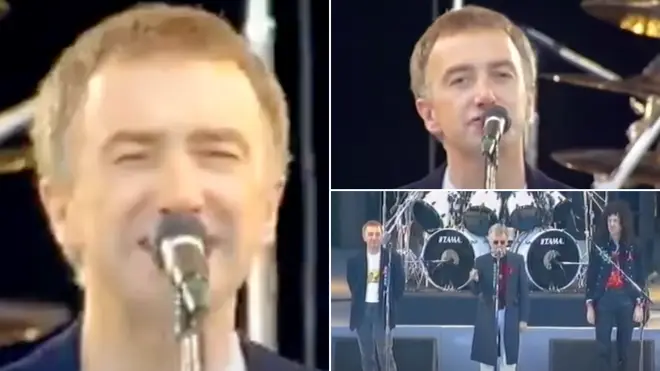
The fourth member of Queen spoke for the very last time in public on April 20, 1992 when the band came together to celebrate the life and works of Freddie Mercury.
Freddie Mercury's death shook music – and the world – to its core.
The Queen frontman's untimely passing from AIDS-related complications on November 24, 1991, came just one day after he announced in a public statement that he was HIV positive.
The 45-year-old's premature death hit his Queen bandmates very hard, but one member of the band – bassist John Deacon – was absolutely overcome with grief and felt like he could no longer go on as a member of Queen.
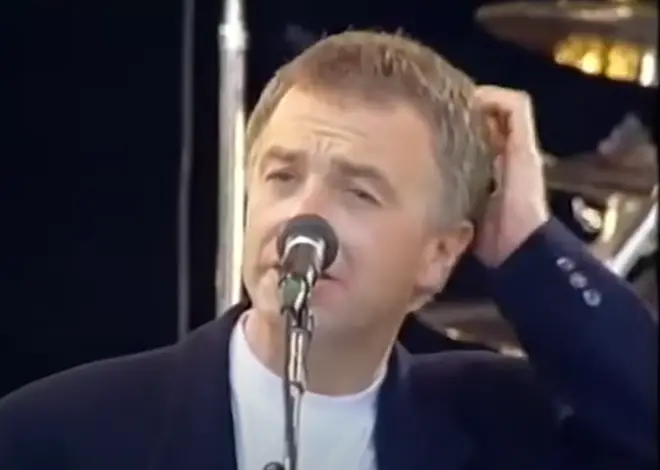
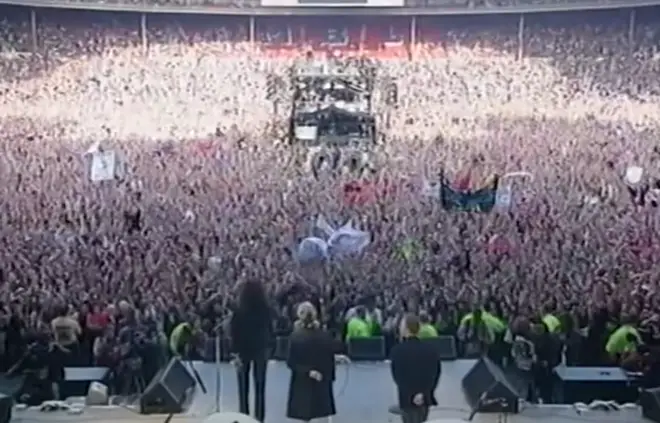
John Deacon was especially close to Freddie Mercury who was a stabilising force for John, helping the quiet bass guitarist cope with the pressure of being in Queen.
The lead singer's passing changed everything for him and it was at The Freddie Mercury Tribute concert, just five months after Freddie's death, that Deacon would speak in public as a member of Queen for the very last time.
Taking to the stage at Wembley ahead of what many still refer to as the greatest concert of the '90s, the three remaining members of Queen each spoke in turn thanking the crowd for their support.
Brian May opened the speech, telling the screaming crowd they were going to give Freddie the 'biggest send-off in history', followed by a few short words from Roger Taylor, before the drummer handed the spotlight over to the rarely heard from John Deacon.
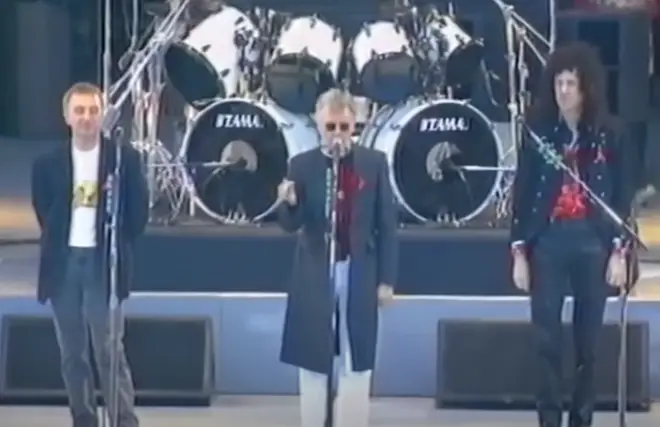
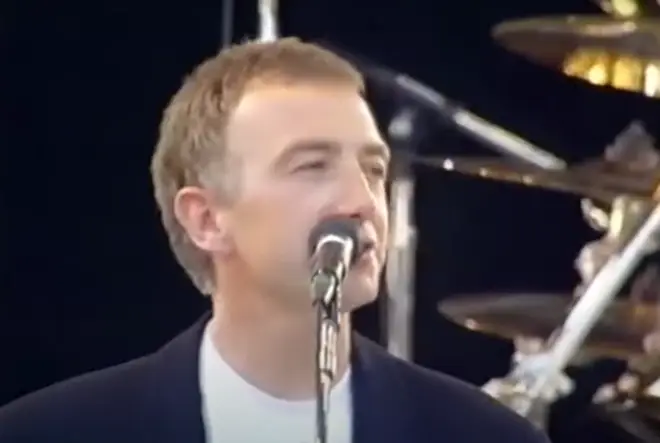
"Hello," John starts, his voice barely audible above the crowd.
"First of all Brian, Roger and I would like to thank all the artists that will be performing here today in London. They’ve given their time and energy to make this tribute to Freddie a reality to happen today."
"First of all," he repeats, his voice breaking with emotion: "the show must go on." he says, looking to his bandmates.
Turning back to the crowd John continues: "And we’ll start with an American band, three times Grammy Awards winners, please welcome Metallica!"
The concert that followed went on to become one of the most famous in British musical history, when the chilly 1992 April night saw Wembley Stadium come alive with some of the greatest acts of all time.
Performers included George Michael, David Bowie, Elton John, Seal, Paul Young, Guns 'n' Roses, Lisa Stansfield and Annie Lennox, to name just a few and saw particular performances – like George Michael's version of 'Somebody to Love' – go down in history as some of the greats of all time.

Freddie mercury tribute concert 1992 (intro)
The public outing would be one of his last performances as a member of Queen for John Deacon, and his last ever public speech as part of the band.
The now 70-year-old, who is estimated to be worth up to £130 million, retired entirely from music and the public eye in 1997, to quietly raise his six children in the South West London home he bought with his first Queen paycheck.
The sudden parting of ways may have come as a shock to fans, but to his fellow Queen bandmates, the writing has been on the wall for a long time.
In 1991, John made a rare public statement in the aftermath of Freddie Mercury's passing, saying: "As far as we are concerned, this is it. There is no point carrying on. It is impossible to replace Freddie."
John Deacon's last performance was at the opening of the Bejart Ballet in Paris in 1997, performing 'The Show Must Go On' with Elton John – a show that both Brian May and Roger Taylor have reflected on in recent times.
"That was John’s last ever performance. I could tell he wasn’t happy because he was chain-smoking, very very nervous, and had been severely traumatised by losing Freddie," Roger Taylor says of John's last gig.
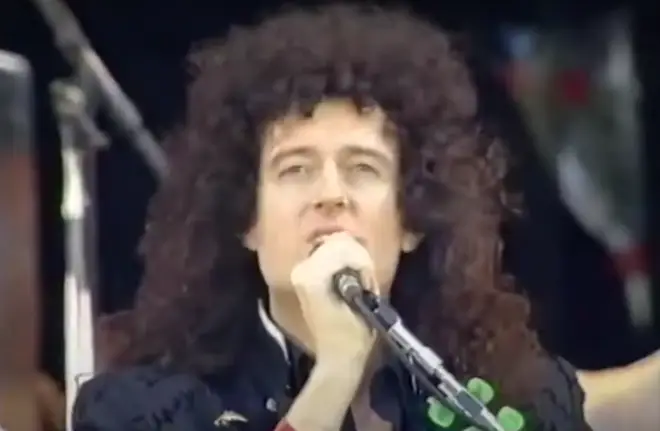
Brian May elaborates on the rehearsal, stating he thinks John's body was having a severe reaction to even being back on stage.
“Deacy, or dear friend John, I think he didn’t arrive at the same place as we did, and Elton John is there, but John (Deacon) is so desperately uncomfortable with the whole thing.
"You can see him kind of his whole body is reacting against it. At the end of it, he says, ‘I can never do this again, I can’t do this.’
"And it was true, that was the last time he ever played with us in public," May recalls sadly.
John Deacon has since completely retired from public life and has turned down numerous offers to return to play with Queen.
Speaking in the documentary The Show Must Go On: The Queen + Adam Lambert Story, both Brian May and Roger Taylor spoke of the turbulent time when they lost John Deacon and the reasons the guitarist left the band.

Brian May interview: Could Queen ever do a Bond James Bond theme?
"John freaked out and decided he really couldn’t deal with being in the music business anymore, it was an odd period," Roger Taylor said, adding: "Really the band was over."
Brian May elaborated in a 2014 interview with Rolling Stone, saying: "We don’t, really [speak to John]. He doesn’t want to. He wants to be private and in his own universe."
"He’s completely retired from any kind of social contact," Roger added.
"I think he’s a little fragile and he just didn’t want to know anything about talking to people in the music business or whatever. That’s fair enough. We respect that."